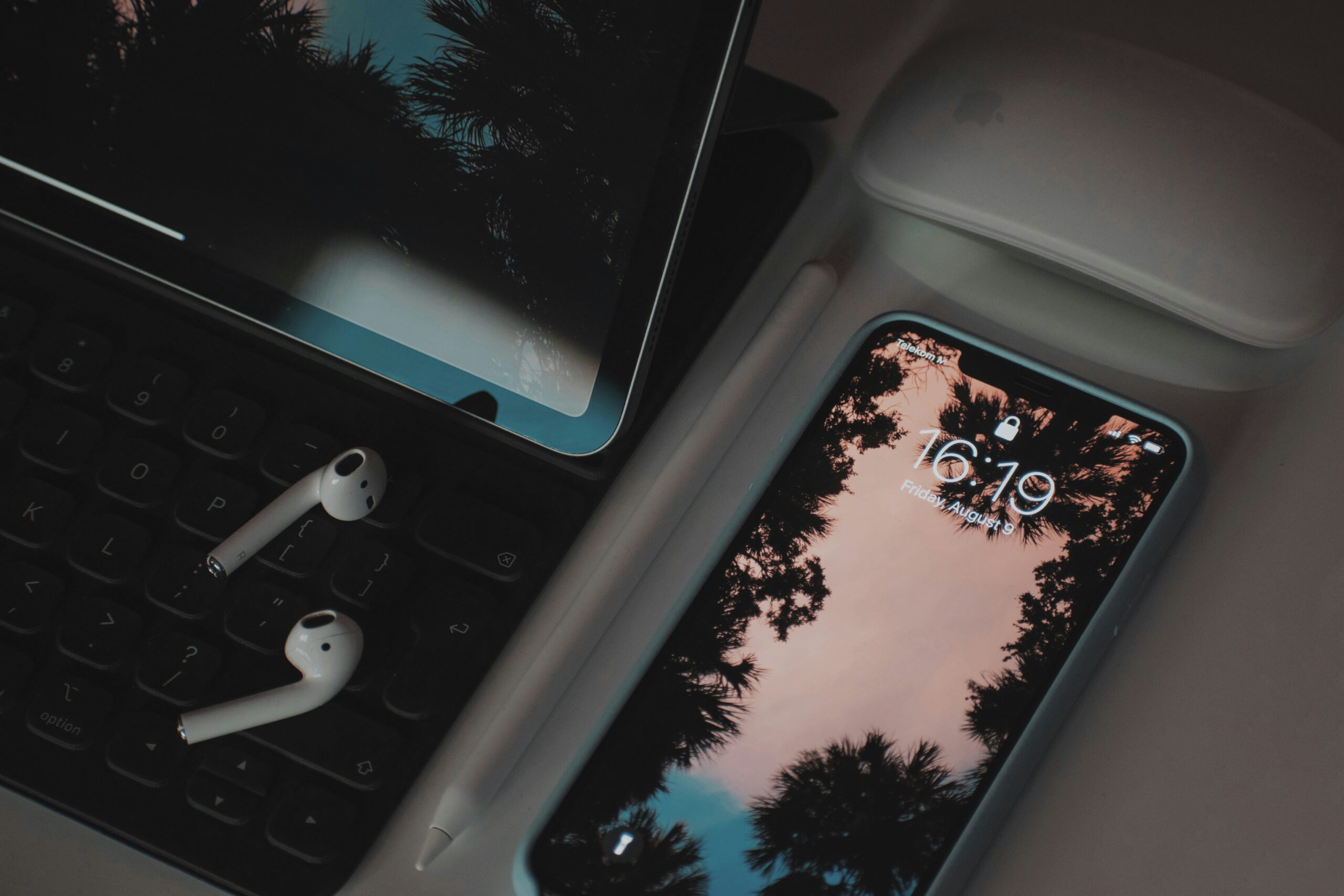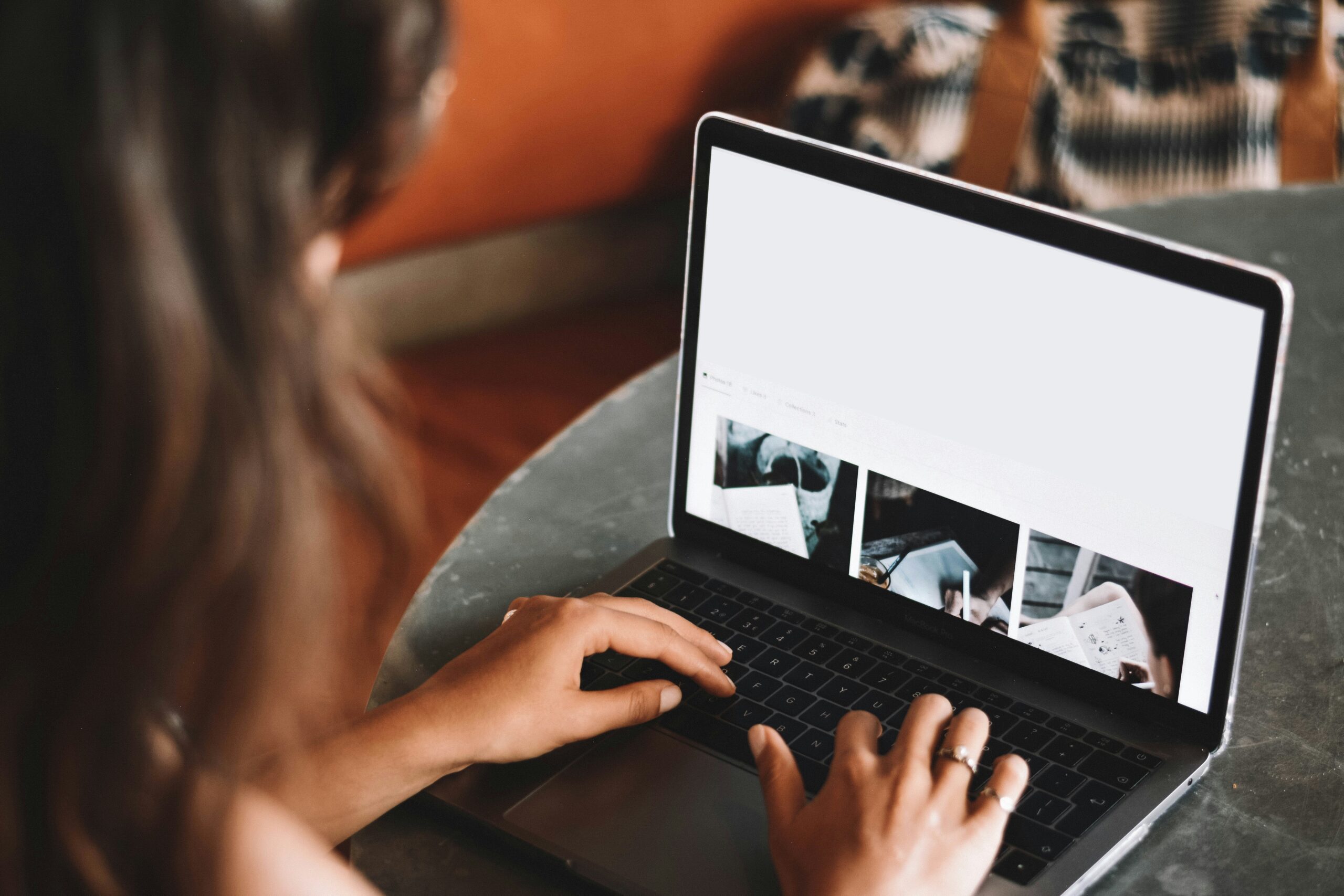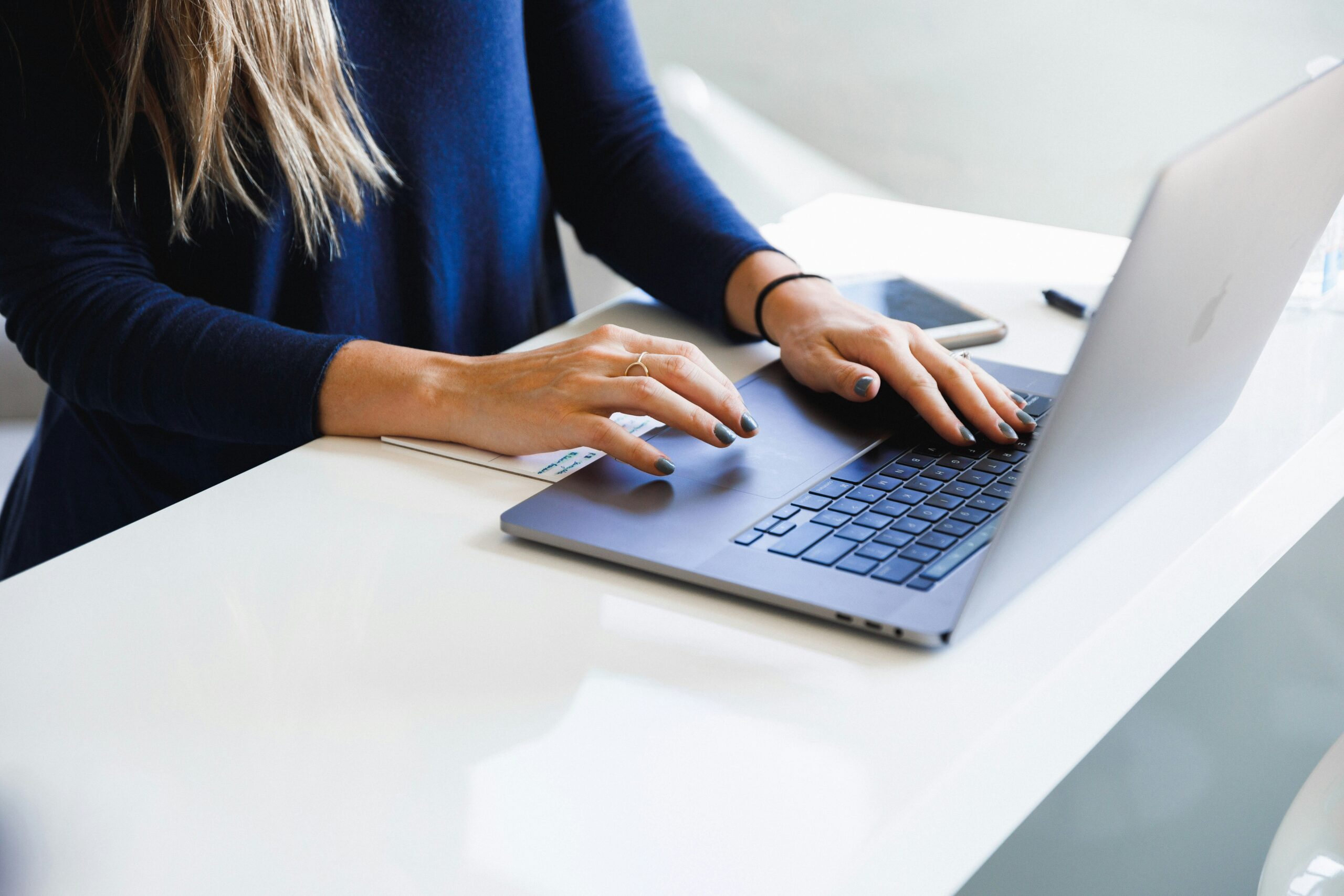
🎧 A Real-Life Tech Tale: The Clicking Conundrum
It was a rainy Tuesday afternoon in Kolkata when Arjun, a freelance graphic designer, noticed something unusual. As he adjusted his laptop on the desk, a faint yet persistent clicking noise emanated from within. At first, he thought it was the rhythmic sound of his thoughts translating into design. But as the noise persisted, doubt crept in. Was his laptop trying to communicate? Or was it signaling distress?
Determined to get to the bottom of it, Arjun embarked on a journey to uncover the source of the clicking noise. Little did he know, this quest would lead him through a maze of potential culprits, each more intriguing than the last.
🧠 Understanding the Clicking Sound
Before diving into solutions, it’s essential to understand what the clicking noise signifies. Laptops are intricate machines with various moving parts. A clicking sound often indicates that one of these components is malfunctioning or under stress. Let’s explore the common causes:
- Hard Drive Woes: The Classic Culprit
The hard drive is the primary storage device in many laptops. It houses spinning platters and a moving read/write head. Over time, these components can wear out or become damaged, leading to a clicking sound.
Possible Causes:
- Mechanical Failure: The read/write head may be misaligned or damaged.
- Overheating: Excessive heat can cause internal components to expand and misalign.
- Physical Damage: Dropping the laptop can jolt the hard drive, causing internal damage.
Symptoms:
- Repeated clicking sounds.
- Slow performance or system crashes.
- Files becoming inaccessible.
Solution: If you suspect a failing hard drive, back up your data immediately. Consider replacing the hard drive or upgrading to a solid-state drive (SSD) for better performance and reliability.
- Fan Frustrations: The Overlooked Noise Maker
Laptops generate heat, and to combat this, they employ cooling fans. These fans can accumulate dust or debris over time, leading to a clicking or grinding noise.
Possible Causes:
- Dust Buildup: Dust particles can obstruct the fan blades.
- Loose Components: Small parts may come loose and interfere with the fan.
- Worn Bearings: Over time, fan bearings can degrade, causing noise.
Symptoms:
- Clicking or grinding sounds when the laptop is powered on.
- Overheating issues.
- Decreased fan speed or failure to spin.
Solution: Regularly clean the fan using compressed air. If the noise persists, consider replacing the fan.
- Loose Components: The Hidden Rattlers
Inside your laptop, various components are secured in place. If any of these become loose, they can rattle or click when the laptop is moved.
Possible Causes:
- Loose Screws: Over time, screws can loosen, causing parts to shift.
- Disconnected Cables: Internal cables may become disconnected or misaligned.
- Worn Components: Parts like the battery or hard drive can become loose with age.
Symptoms:
- Clicking sounds when moving or tilting the laptop.
- Visual inspection reveals loose parts.
Solution: Carefully open the laptop (or consult a professional) to tighten screws and secure loose components.
- Optical Drive Oddities: The Forgotten Mechanism
Many laptops come equipped with optical drives (CD/DVD drives). These drives have moving parts that can wear out or become obstructed, leading to clicking sounds.

Possible Causes:
- Stuck Discs: A disc may be stuck inside the drive.
- Worn Mechanism: The internal mechanism can degrade over time.
- Obstructions: Dust or debris can interfere with the drive’s operation.
Symptoms:
- Clicking sounds when the laptop is powered on.
- The optical drive tray not opening or closing properly.
- Discs not being read correctly.
Solution: Eject any discs and inspect the drive for obstructions. If the noise persists, consider replacing the optical drive.
- Electrical Issues: The Silent Saboteur
In rare cases, the clicking noise may stem from electrical issues within the laptop.
Possible Causes:
- Power Surges: Sudden spikes in power can damage internal components.
- Short Circuits: Faulty wiring can cause electrical shorts.
- Component Failure: Internal components may fail, leading to electrical noise.
Symptoms:
- Clicking sounds accompanied by other issues like screen flickering or system instability.
- Overheating or power-related problems.
Solution: If you suspect electrical issues, consult a professional technician immediately.

🛠️ Troubleshooting Steps: Diagnosing the Source
To pinpoint the exact cause of the clicking noise, follow these steps:
- Backup Your Data: Before making any changes, ensure your data is backed up.
- Isolate the Noise: Try to determine where the noise is coming from (e.g., hard drive, fan, optical drive).
- Inspect Internally: If comfortable, open the laptop to check for loose components or dust buildup.
- Test Components: Remove or disconnect components one at a time to see if the noise stops.
- Consult a Professional: If the noise persists or you’re unsure, seek professional assistance.
🔄 Preventive Measures: Keeping the Clicks at Bay
To prevent future clicking noises, consider the following tips:
- Regular Cleaning: Periodically clean the laptop’s vents and fans to prevent dust buildup.
- Avoid Overheating: Use the laptop on hard surfaces to ensure proper ventilation.
- Handle with Care: Avoid dropping or jarring the laptop to protect internal components.
- Use Surge Protectors: Protect the laptop from power surges by using surge protectors.
🧩 Final Thoughts: Decoding the Click
A clicking noise from your laptop can be alarming, but it’s often a sign that something needs attention. By understanding the potential causes and taking proactive steps, you can ensure your laptop remains in optimal condition.
Remember, while some issues can be resolved independently, others may require professional assistance. Always prioritize your data’s safety and consult experts when in doubt.
image credit : unsplash.com

